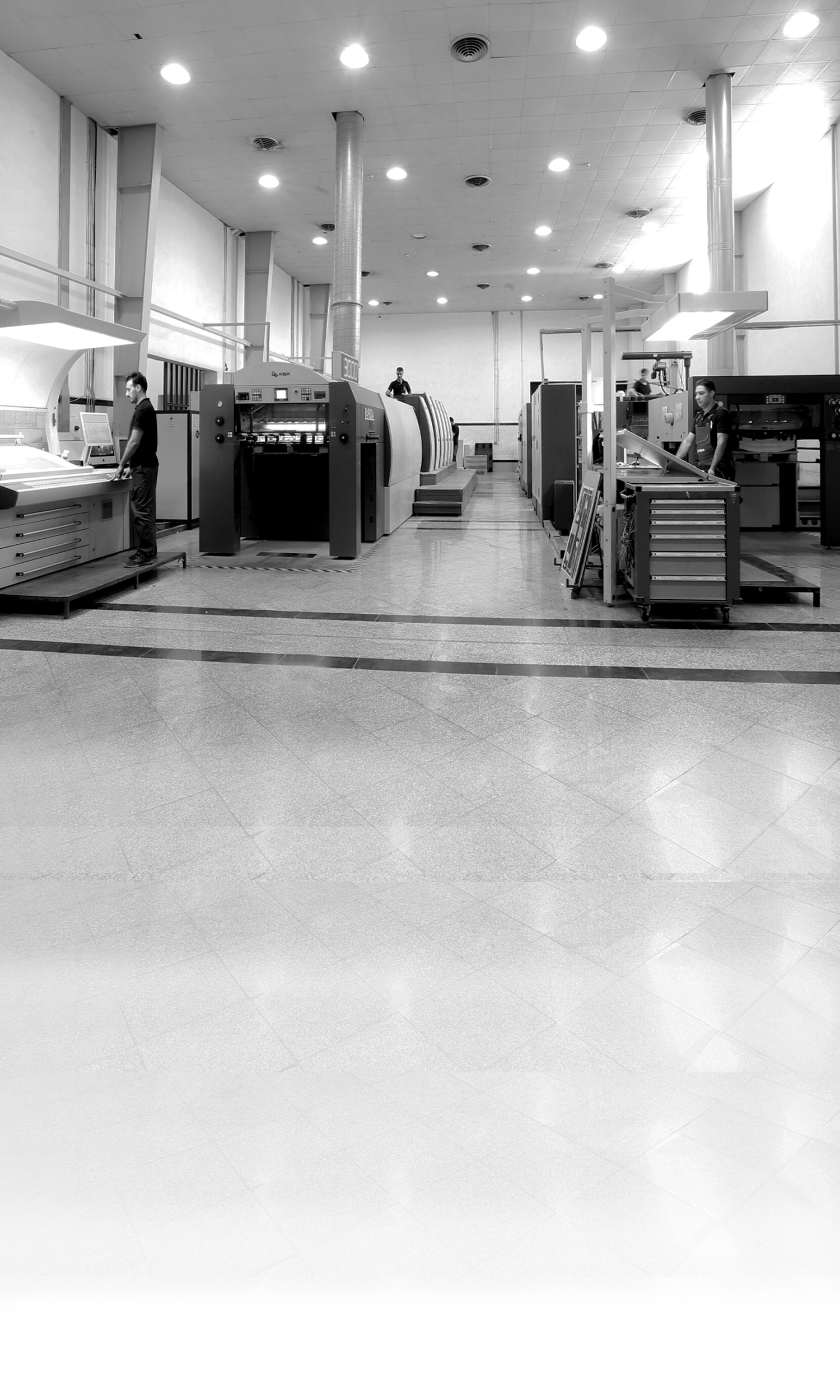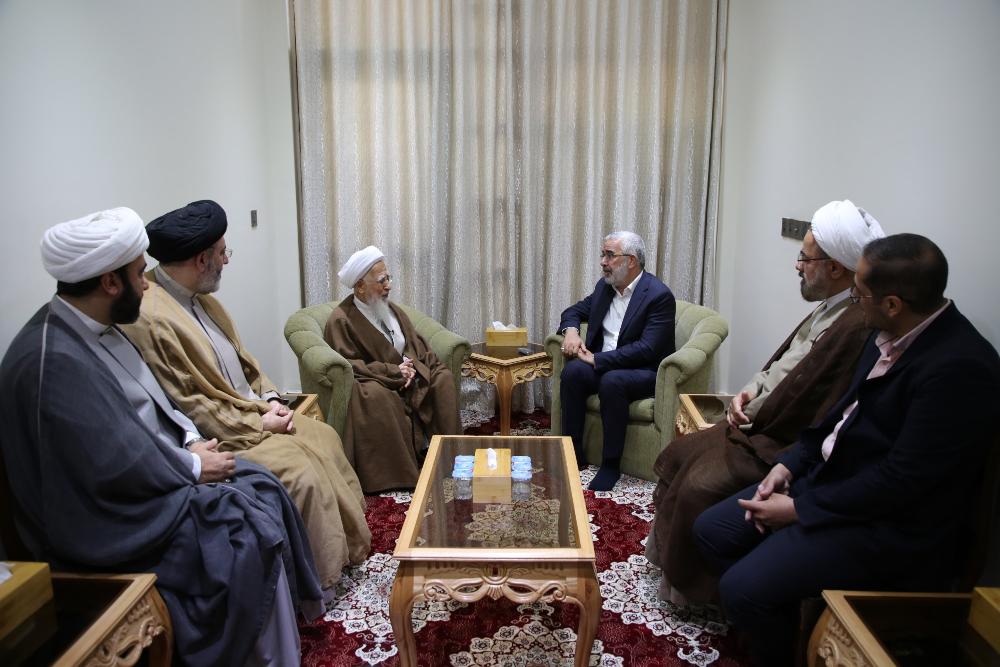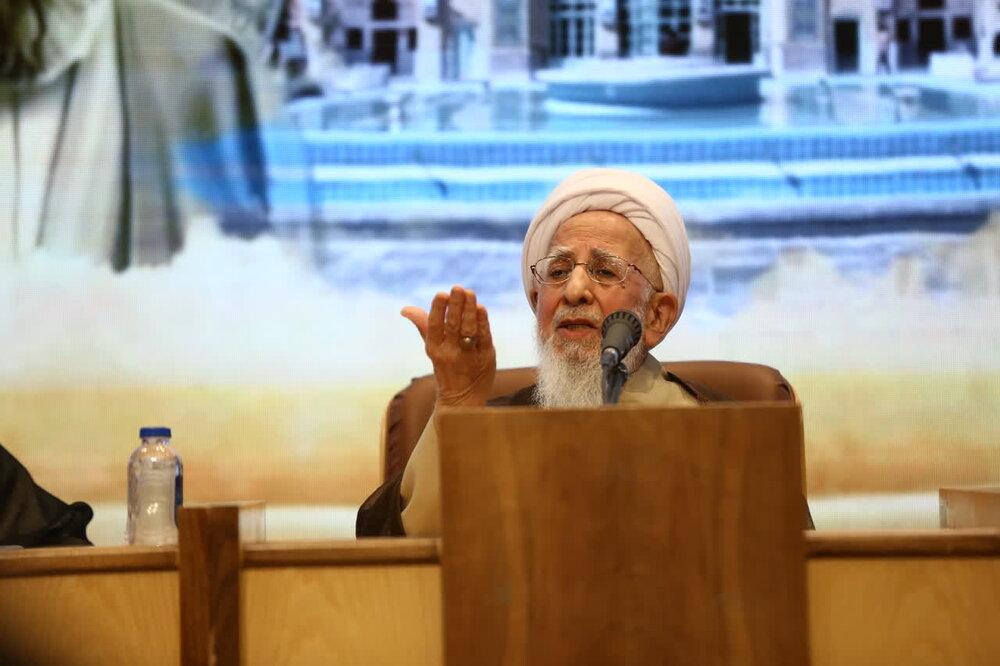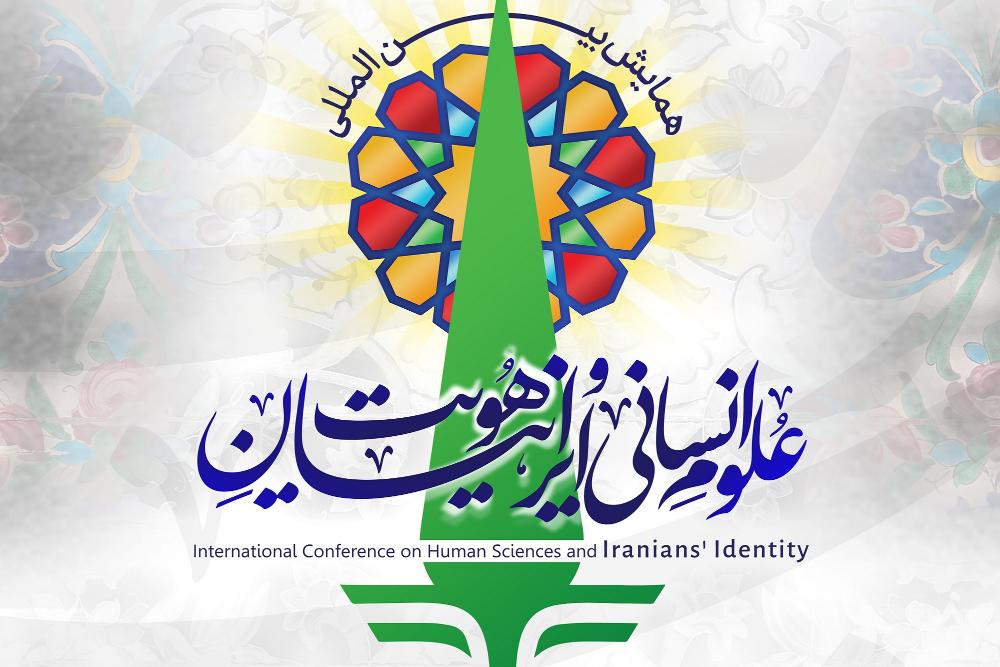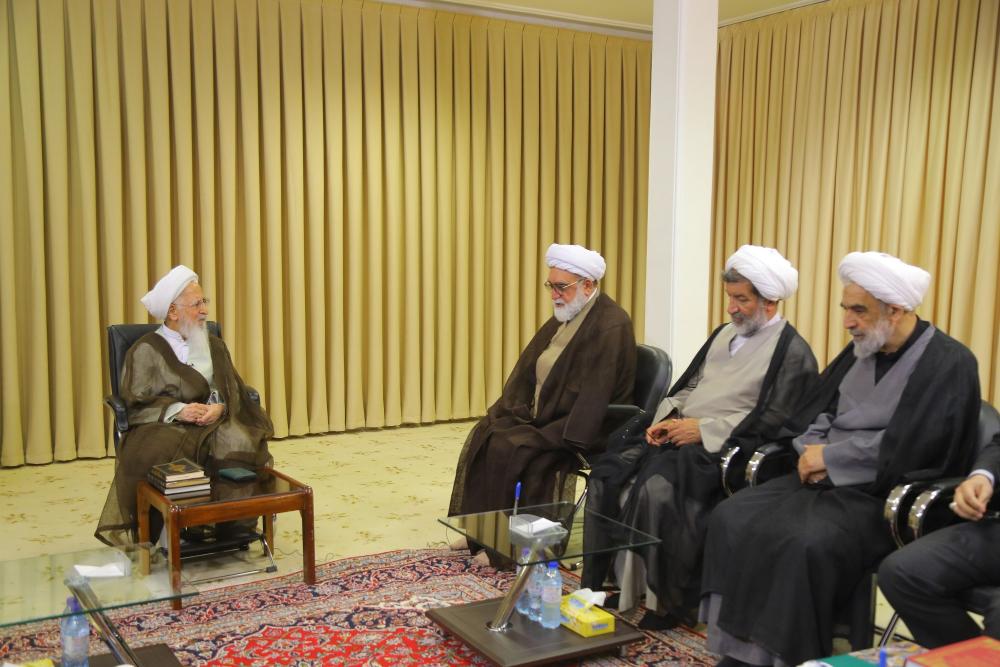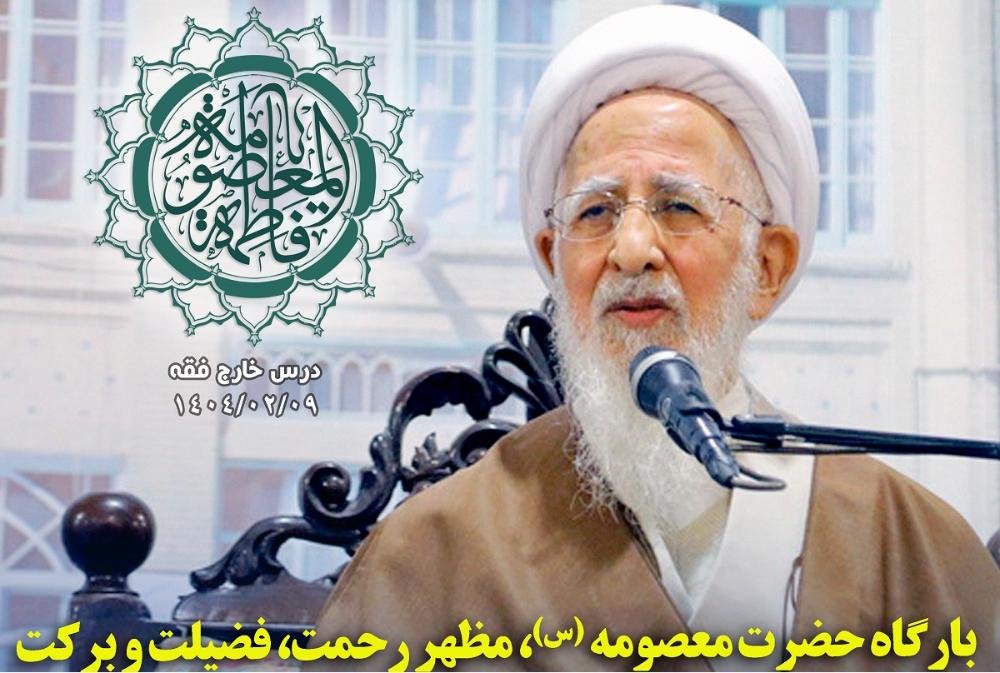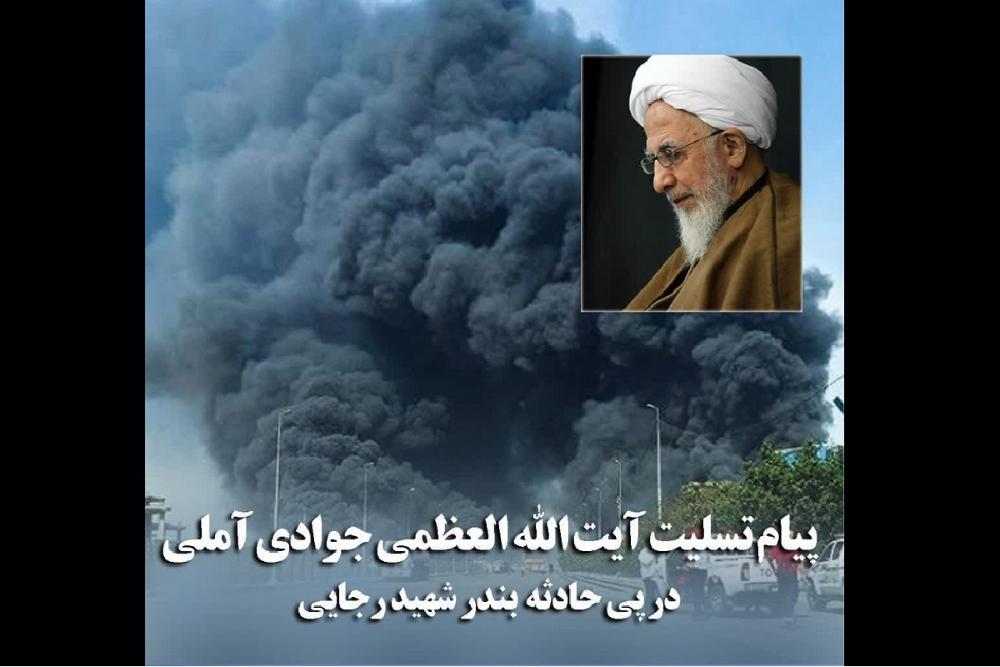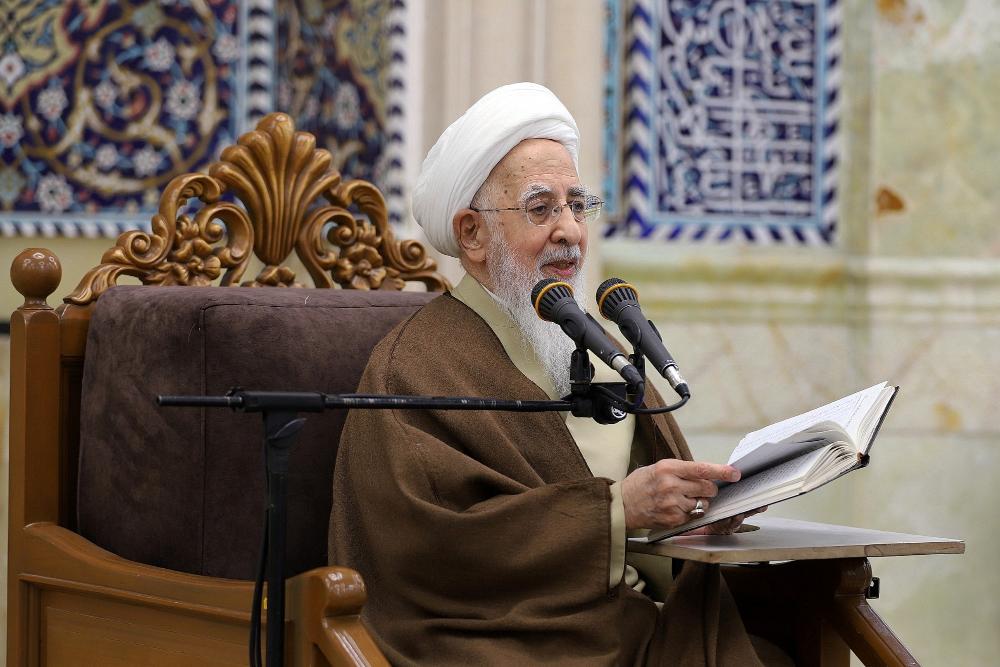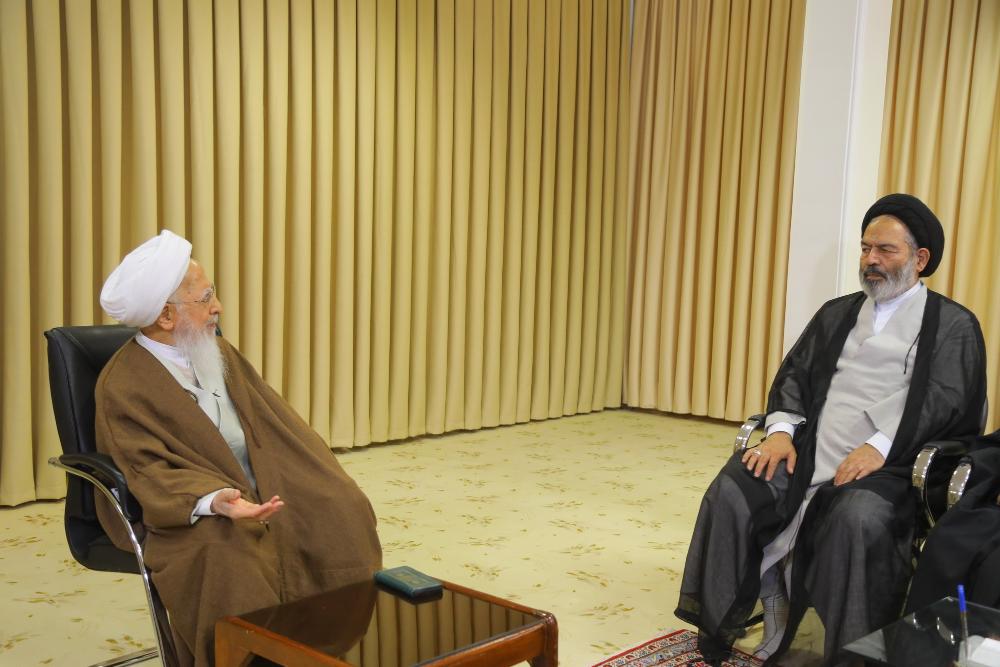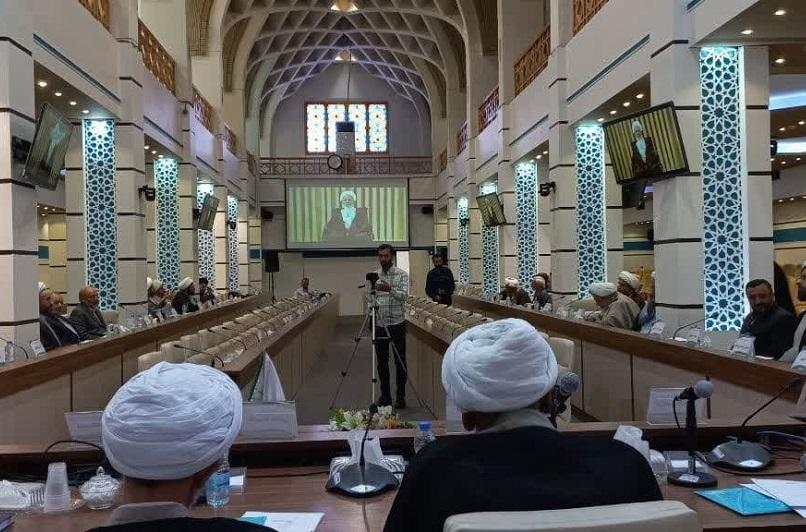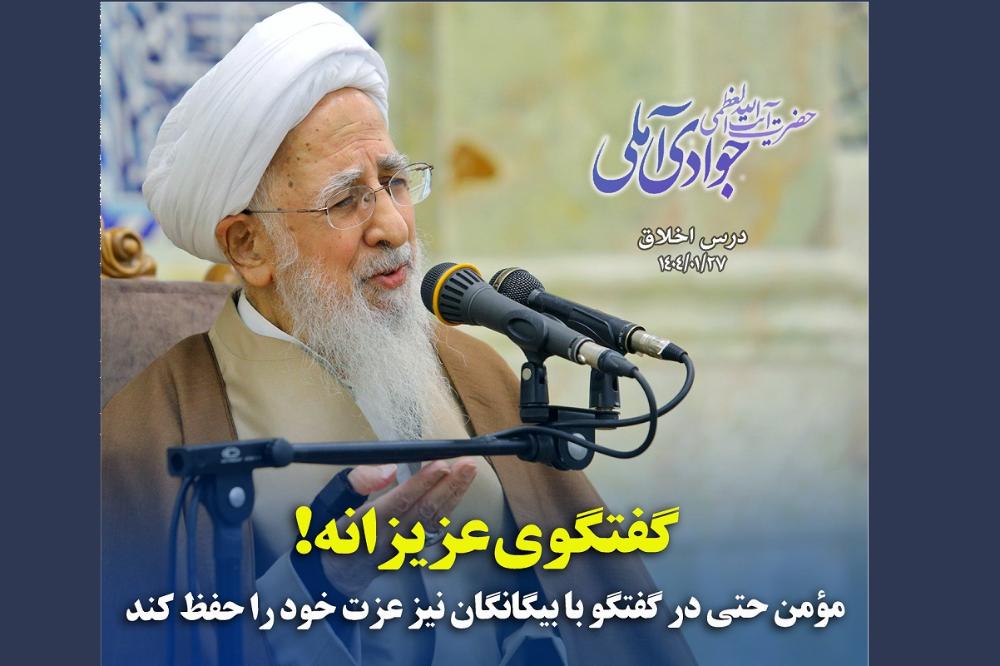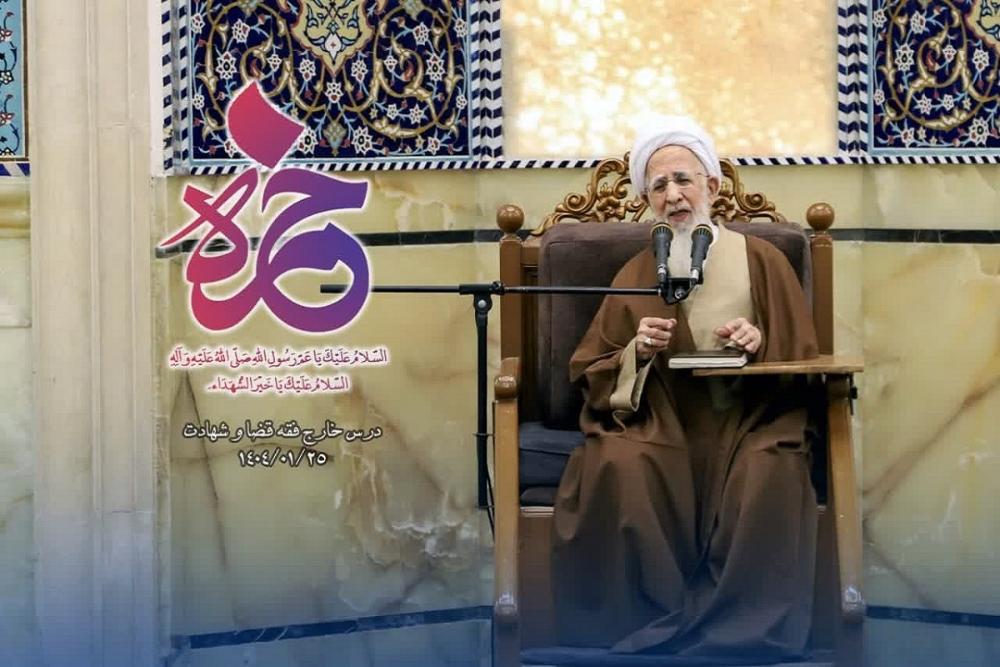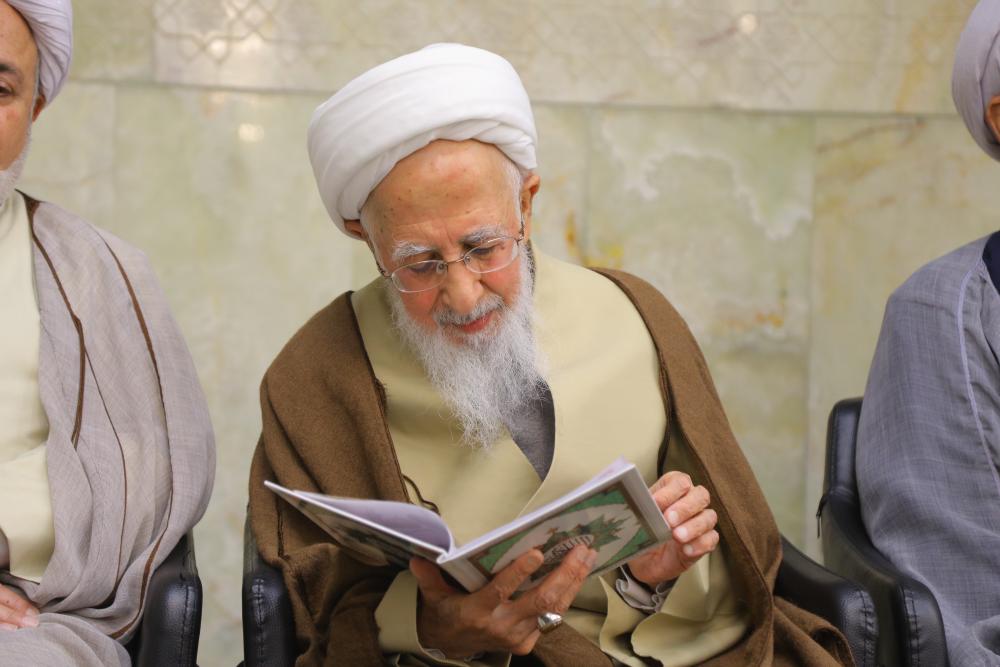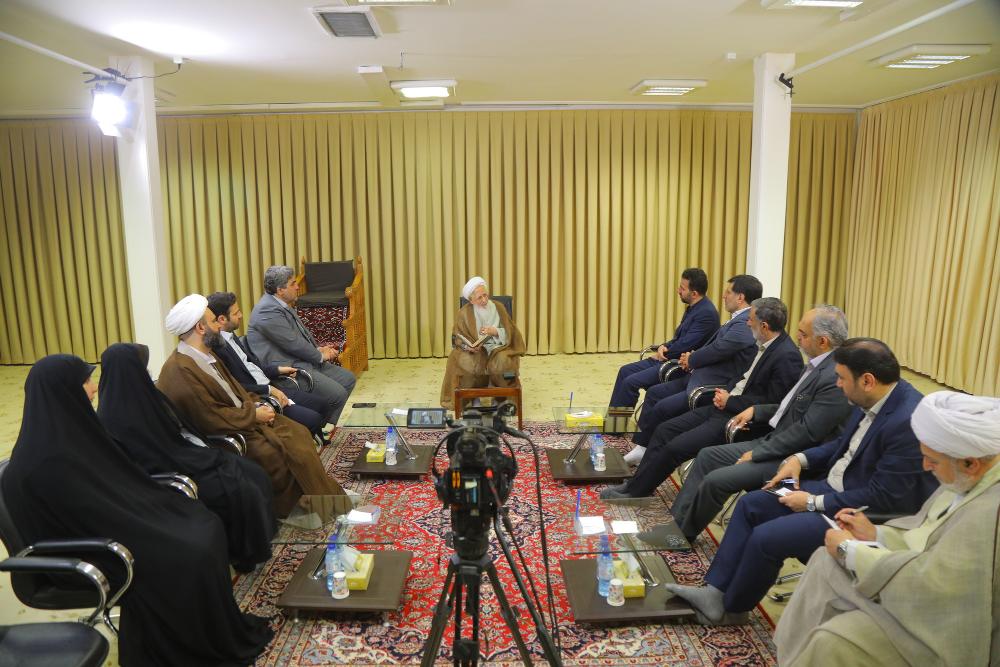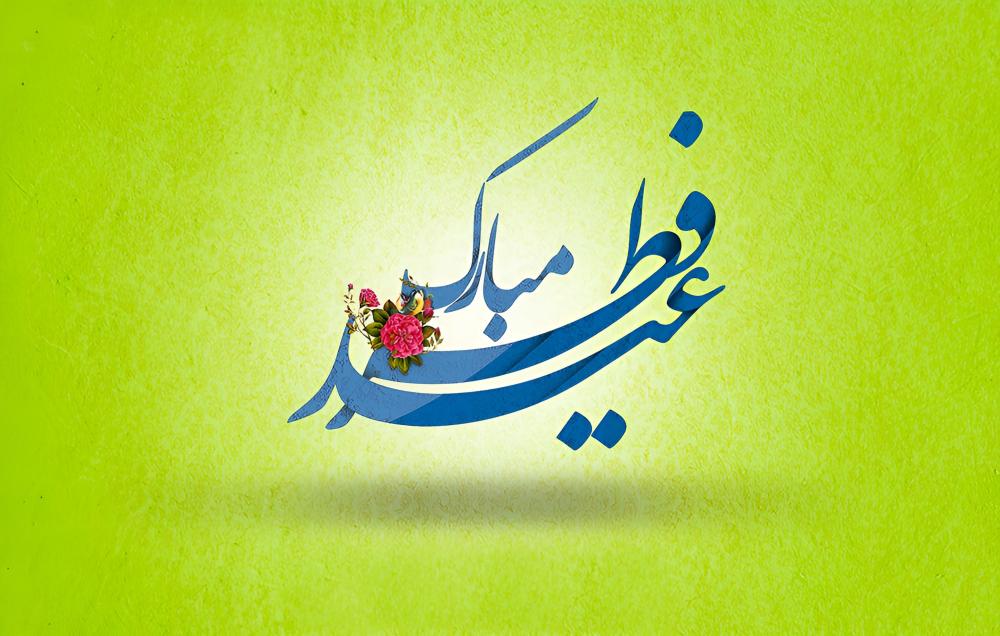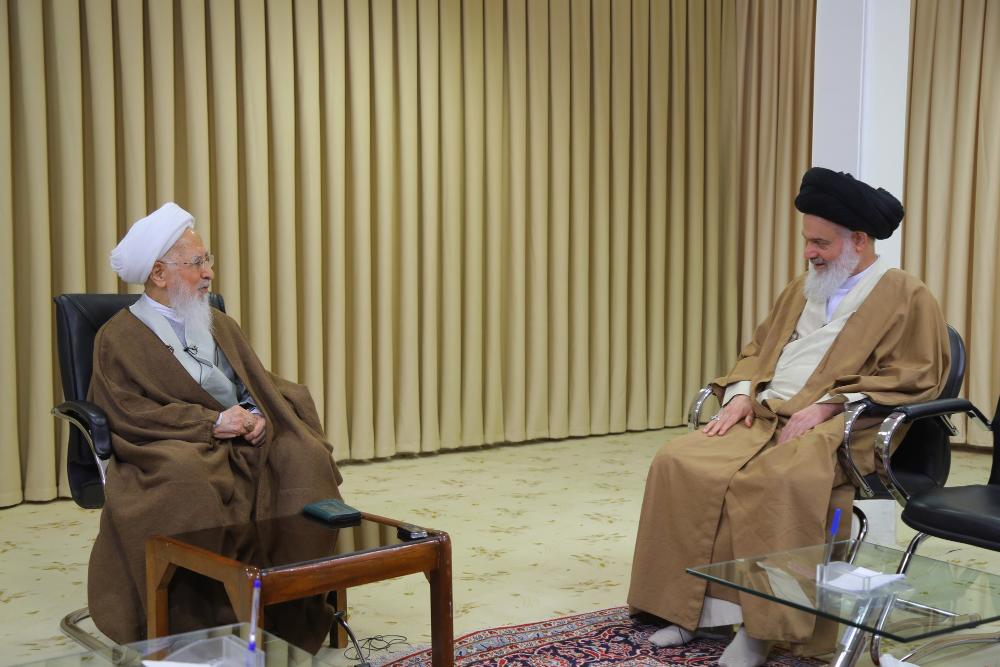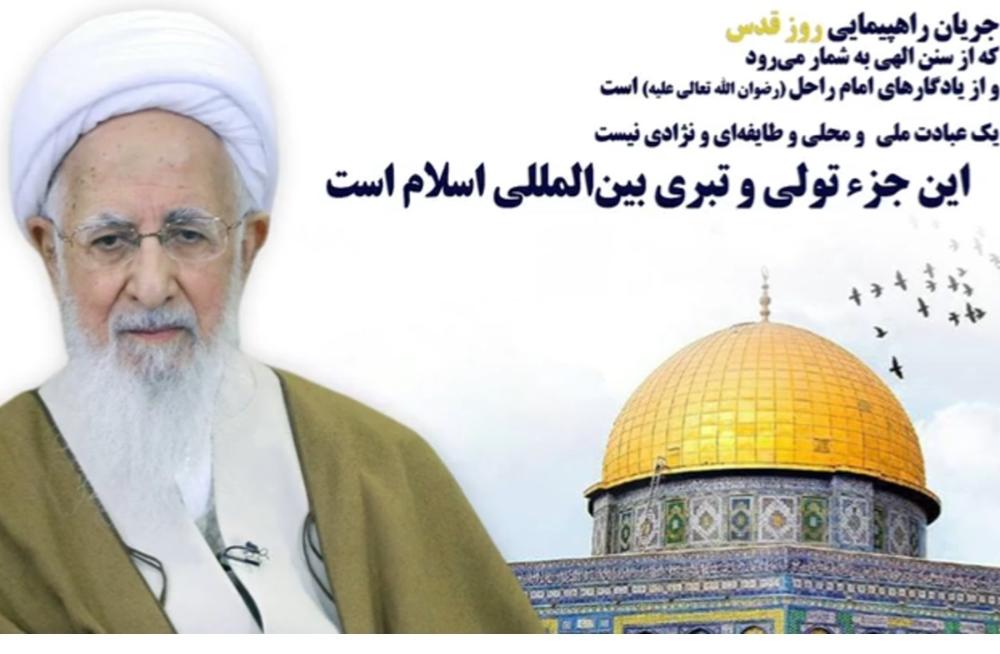Esra NEWS Agency: This morning (Thursday, 16th of Mordad) weekly Akhlaq session of Grand Ayatollah Javadi Amoli was held online.
In this meeting, Grand Ayatollah Javadi Amoli continued the discussion 113th Wisdom of Nahj al-Balagha.
His Eminence said, “What is the basis of the work is that Nahj al-Balaghah is that we should we know it is an explanation of the Holy Qur'an, so it talks about Quran. It is the interpreter of the Holy Qur'an. it speaks like the Holy Qur'an itself. He (Amir Al-Mumenin) learned from divine revelation, being a student of divine revelation. He speaks like Quran.”
He stated, “In the Holy Qur'an, Allah, the most Holy told the Prophet to invite the people in three ways that all three ways may be gathered in one place, but there is no way out of these three ways. He says, ﴿ادْعُ إِلَي سَبِيلِ رَبِّكَ بِالْحِكْمَةِ وَ الْمَوْعِظَةِ الْحَسَنَةِ وَ جَادِلْهُم بِالَّتِي هِيَ أَحْسَنُ﴾. It means you can guide the society in three ways: one is the way of wisdom and proof and rational arguments, one is moral advice and preaching, and one is decent debate.”
His Eminence said, “So, the main and first issue is that the method of Nahj al-Balagha in educating people is the method of the Holy Quran; one. The method of the Holy Quran in the education of the people is to use three ways; two. There is no way out of that three way, but that three can be together; three. It means that if it was not the first way, there would be the second, if it was not the second, there would be the third. It means that it is not possible to invite people without going out of one of these three ways. If an issue is very rational and need rational argument, it would be solved by wisdom, and if the issue is clear and it is moral dilemma, preaching is used, and if it is a matter of dispute between the parties, they have one opinion and religion has another opinion, apart from the fact that it has a valid deduction and apart from There is a way to preach, there is also a way to decent argues. It is a decent debate to examine another acceptable introduction, analyze its premises, clarify its criticism and shortcomings, and make the audience understand its weakness, so that the audience will let go of that premises, and listen to the reasoned words.”
He then stated, “The blessed Hazrat Amir in a decent argue, like this 113th wisdom, first, he examines two things. he says this is worst compared to this. This is good; one. Then he explain why it is bad; two. Then he also mentions the way to treat this vice; three. The he shows who have benefited from this way; four. He regularly mentions the results of this in history; five. He mentions the part that is good and decent, the secret of its rightness. He mentions the wayfarer of that path, and it explains the beneficial results of their conduct. This is the way of preaching.”
Grand Ayatollah Javadi Amoli said, “This luminous 113th wisdom has it all. When he want to fix those defects, he count all the side losses of going astray and what are the problems of leaving Allah’s right, What are the problems of taking the society rights, What are the problems of taking rights of the soul, then he explain all these and mention the solution. This is the true doctor. This doctor is a doctor who knows beauty, hygiene and taste, and he is also a doctor in diagnosing diseases and the harmful effects of the disease.”
He said, What the Holy Amiralmumenin said about the blessed existence of the Prophet«طَبِيبٌ دَوَّارٌ بِطِبِّه» It doesn't mean that the doctor goes around and is transfer for treating patients, but he changes his medicine. What this means? A person who is a religious preacher is a spiritual doctor. He should change his medicine, not move himself. What is to change its medicine? Mr. Saadi heard some of this and brought it into his poets and books. He said that a person who speaks should sometimes accompany praise with smear, should accompany warning with good news. If he promises heaven, he also frighten of hell. If he frightening people of hell, he should also promise heaven. Not just frighten nor just to please. He should change the medicine. Then he gives an example of a surgeon who is both cut a vein and also treat the wound. This surgeon changes the medicine – transform the medicine not the medic! - He changes the medicine, performs a surgery, cuts a vein, draws blood, puts an ointment on it so that the cut would be treated.”
He then continued, “sometimes being harsh and talking about punishment, sometimes being soft and talking about heaven, this is changing the medicine, not changing the doctor. Sometimes strict, sometimes softness, sometimes sharpness, sometimes it is slowness, sometimes preaching, sometimes warning, sometimes giving bitter medicine, sometimes giving sweet medicine, these would help treating diseases; not moving a doctor from places to places.”
His Eminence said, “Hazrat Amir has an enlightening prayer that completely explains his situation. He says, Allah, I want to talk to you with both need and concern, not to open a page of a prayer book and read it. This is not praying. This is reading prayers, not asking for wishes. When a distressed person asks for something from Allah, he asks with urgency, it means neediness, which is with high worry, frantically, excitedly, moaning, and crying. If it is necessary, this is it.”

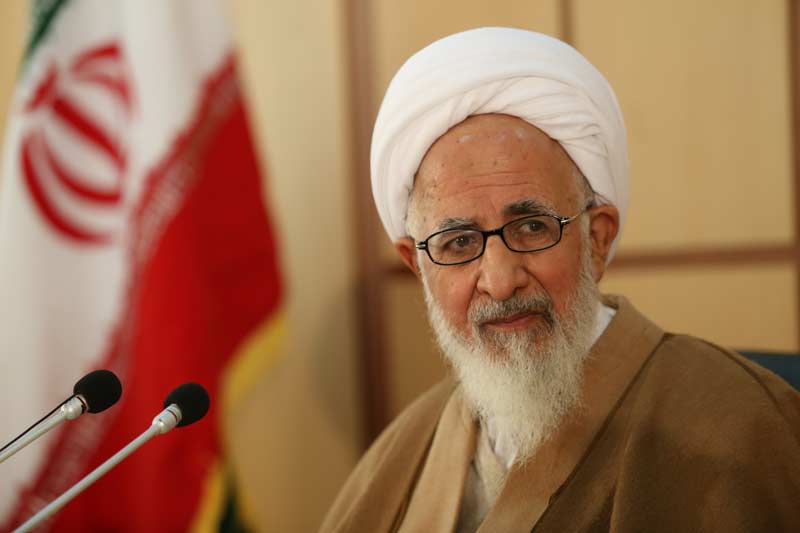


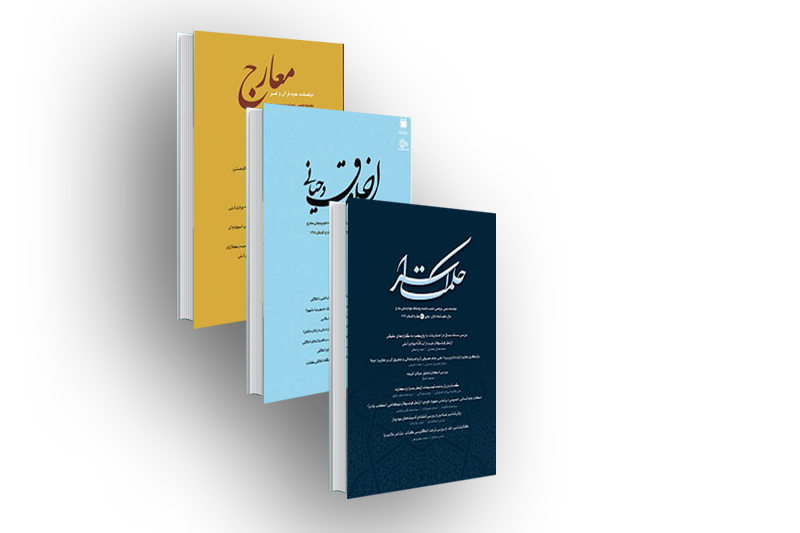


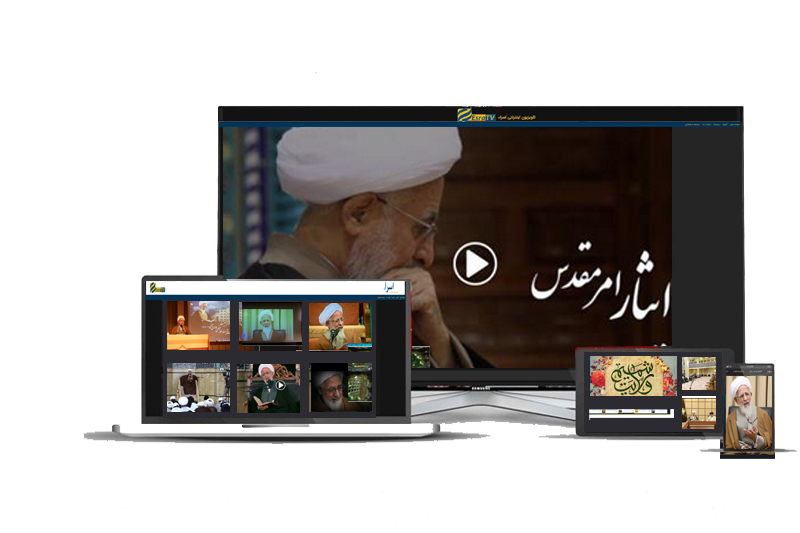
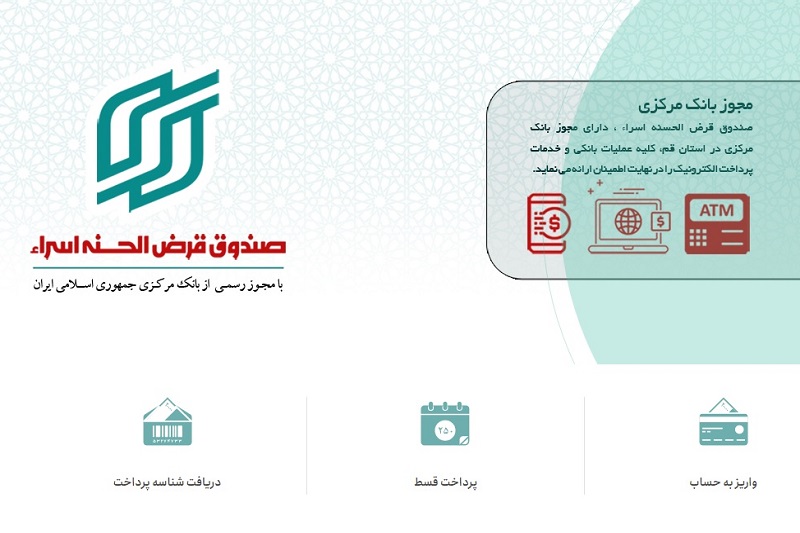
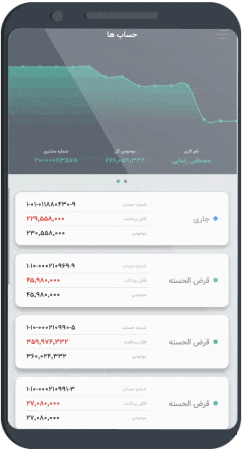
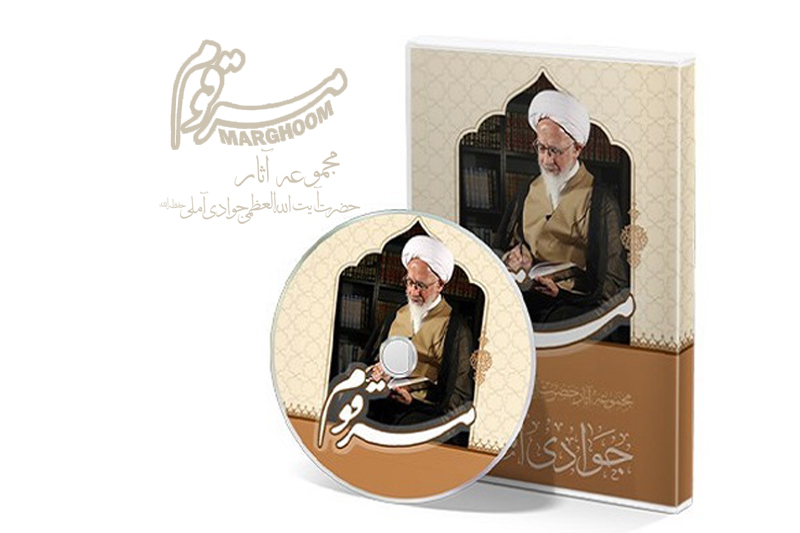
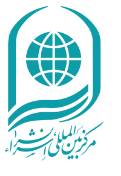 Esra Publishing Center, the exclusive publisher of Ayatollah Javadi Amoli's works, started working in 1993; Among the missions and duties of the center are the production of written works with the desired and standard quality, fast and timely supply at the right price and supporting the products, providing easy, fast and low-cost access to the products for the domestic and foreign audiences, attending domestic and foreign international exhibitions, ….
Esra Publishing Center, the exclusive publisher of Ayatollah Javadi Amoli's works, started working in 1993; Among the missions and duties of the center are the production of written works with the desired and standard quality, fast and timely supply at the right price and supporting the products, providing easy, fast and low-cost access to the products for the domestic and foreign audiences, attending domestic and foreign international exhibitions, ….
